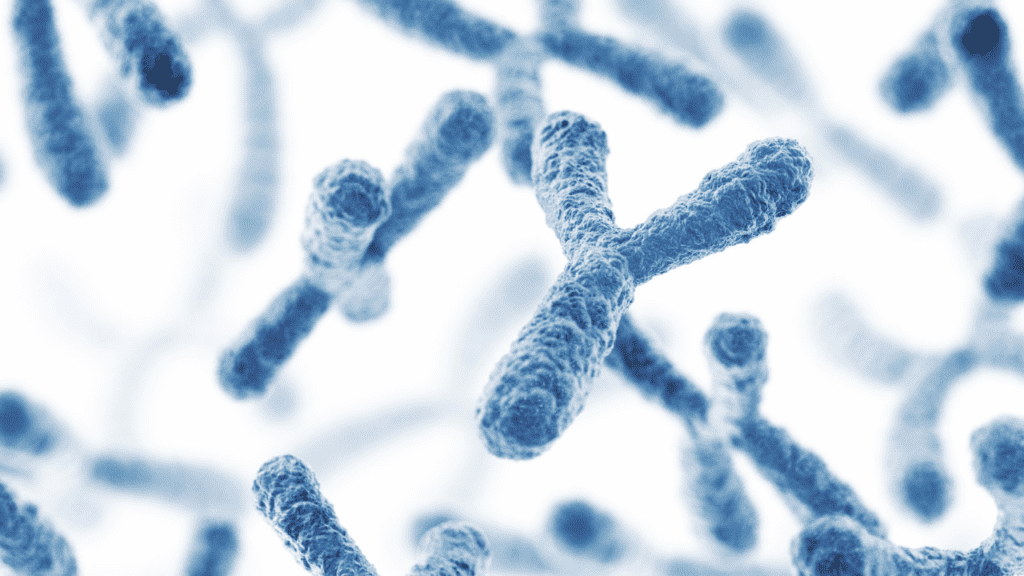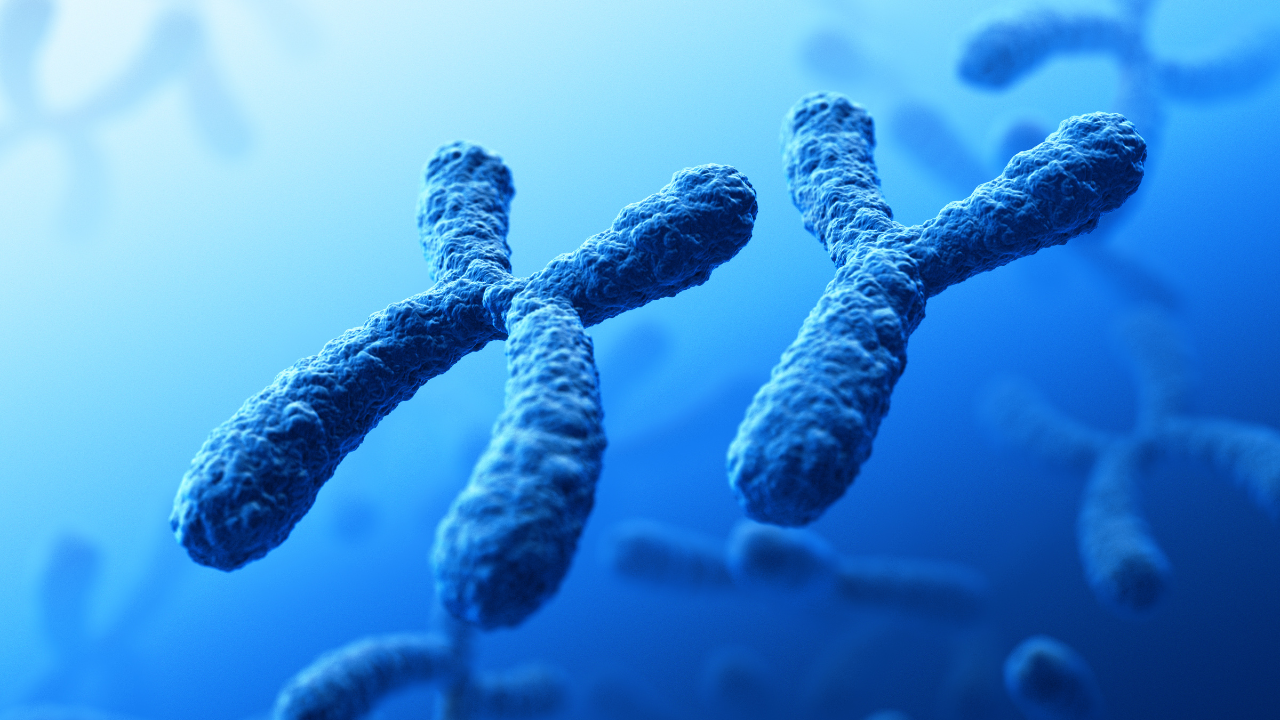The Disappearing Y Chromosome
The Disappearing Y Chromosome: The Y chromosome, a crucial component of male biology, has been a subject of intense scientific scrutiny in recent years. As researchers delve deeper into its mysteries, a startling possibility has emerged: the Y chromosome may be disappearing. This article explores the implications of this phenomenon and what it could mean for the future of human evolution and reproduction.
Table of Contents
What is the Y Chromosome?

The Y chromosome is one of two sex chromosomes in humans and many other mammals. It contains genes that are responsible for male sexual characteristics. In most mammals, including humans, females have two X chromosomes (XX), while males have one X and one Y chromosome (XY).
The Role of the Y Chromosome
The primary function of the Y chromosome is to trigger male development in the embryo. It contains the SRY gene, which initiates the development of testes and other male characteristics. Without the Y chromosome, an embryo will typically develop as a female.
The Disappearing Y Chromosome: Fact or Fiction?
Evidence of Chromosome Degradation
Scientific studies have shown that the Y chromosome has been shrinking over millions of years of evolution. It has lost hundreds of genes, retaining only about 45 functional genes out of the original 1,000-1,500 it once had in common with the X chromosome.
The Rate of Decline
Researchers estimate that the Y chromosome is losing genes at a rate of about 4.6 genes per million years. This has led to predictions that the Y chromosome could potentially disappear entirely within the next 4.6 million years if this rate continues.
Potential Consequences of Chromosome Loss
Impact on Male Fertility
The loss of genes on the Y chromosome could potentially affect male fertility. Some of the remaining genes on the Y chromosome are crucial for sperm production and function. Their loss could lead to widespread male infertility.
Evolutionary Adaptations
Nature has a way of adapting to changes. Some species, like certain types of rodents, have already lost their Y chromosomes entirely but have evolved new sex-determining mechanisms. It’s possible that humans could evolve similar adaptations over time.
Alternative Sex-Determining Mechanisms

Examples from the Animal Kingdom
In some species, sex is determined by environmental factors rather than genetics. For instance, in many reptiles, the temperature during egg incubation determines the sex of the offspring. Other species have evolved entirely new sex-determining genes on different chromosomes.
Potential Human Adaptations
While it’s difficult to predict exactly how human biology might adapt, some scientists speculate that new sex-determining genes could emerge on other chromosomes, or that societal and technological interventions might play a role in ensuring the continuation of both sexes.
The Role of Technology
Artificial Reproduction
Advances in reproductive technology, such as in vitro fertilization and genetic engineering, could potentially provide solutions to the challenges posed by a disappearing Y chromosome. Scientists are already exploring ways to create sperm cells from other types of cells in the body.
Genetic Interventions

As our understanding of genetics improves, it may become possible to artificially maintain or even recreate the crucial functions of the Y chromosome through genetic interventions.
Societal Implications
Redefining Gender
The potential loss of the Y chromosome could have profound implications for how we understand and define gender. It could challenge our current binary concept of biological sex and lead to a more nuanced understanding of gender identity.
Ethical Considerations
The possibility of a future without males raises significant ethical questions. How would society adapt to such a drastic change? What measures, if any, should be taken to prevent this outcome? These are complex issues that would require careful consideration and debate.
The Disappearing Y Chromosome: Conclusion

While the disappearance of the Y chromosome is a possibility supported by scientific evidence, it’s important to remember that this is a process that would occur over millions of years. Humanity has ample time to adapt, whether through natural evolution or technological intervention. The future may look different from what we imagine today, but it’s unlikely to be a future entirely without males. Instead, this research opens up fascinating questions about the nature of sex, gender, and human evolution.
FAQ
1. Is the Y chromosome really disappearing?
Scientific evidence shows that the Y chromosome has been shrinking over millions of years of evolution. However, this is a very slow process, and complete disappearance, if it occurs, would take millions more years.
2. What would happen if the Y chromosome disappeared?
If the Y chromosome disappeared without any evolutionary adaptations, it could potentially lead to the inability to produce males. However, it’s more likely that alternative sex-determining mechanisms would evolve over time.
3. Are there any species that have already lost their Y chromosome?
Yes, some species of rodents, such as the Ryukyu spiny rat, have lost their Y chromosome and developed alternative sex-determining mechanisms.
4. Could technology prevent the disappearance of the Y chromosome?
Advances in genetic engineering and reproductive technology could potentially provide ways to maintain or recreate the functions of the Y chromosome, even if it were to disappear naturally.
5. How would the loss of the Y chromosome affect human evolution?
The loss of the Y chromosome would likely lead to significant changes in human evolution. It could result in the development of new sex-determining mechanisms or potentially even change the way we reproduce.

